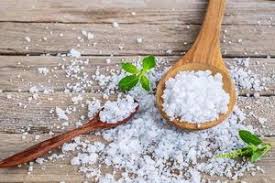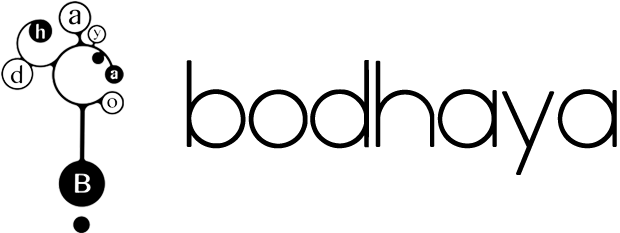
The Role of Salt in Our Health: Finding the Perfect Balance
Salt, often considered the most contractive food, plays a vital role in human survival. As descendants of the sea, our bodies require a certain amount of salt to maintain electrolytic balance and fluid regulation. However, the key lies in understanding that moderation is key. In this blog post, we are going to explore the importance of salt in different stages of life and provide some guidelines for making informed choices when it comes to selecting and consuming salt.
1. Salt and Life Cycles:
Salt needs vary depending on our changing life cycles.
Discover how salt intake vary during our different life stages, here is a breakdown of salt intake recommendations for different life stages:
- Babies: Babies require very little salt as their bodies are rapidly growing and expanding. Salt intake should be minimal during this stage.
- Growing Children: As children grow, their bodies require slightly more salt than babies but still in controlled amounts. It is important to provide a balanced diet that includes adequate salt for their development.
- Teenagers & Mid-life Adults: Teenagers and mid-life adults often require a moderately salty diet to maintain stamina and mental focus. Salt intake during this stage should be balanced and not excessive.
- Women after Menopause and with Pre-Menstrual Syndrome: Women in these stages may benefit from being cautious with their salt intake. Reducing salt intake two weeks before menstruation can help alleviate symptoms associated with pre-menstrual syndrome.
- Senior Citizens: Seniors, who are winding down from active careers, often find that a low-salt diet helps them relax and appreciate life's subtle pleasures. Salt intake should be limited but not eliminated entirely.
It is important to note that these recommendations are general guidelines, and individual salt needs may vary. Let remind ourselves that we are all unique individuals, I suggest to consult with a healthcare professional or nutritionist that can provide you with personalized advice based on specific health conditions and circumstances.
I have received a few inquiries regarding the salt intake for babies, and here is what i suggest depending on their age. Here is a breakdown of the general recommendations:
- 0-6 months: Babies aged 0-6 months require very little salt in their diet. Breast milk or infant formula provides the necessary nutrients, including sodium, for their growth and development. Additional salt is generally not needed during this stage.
- 7-12 months: As babies start transitioning to solid foods, small amounts of salt can be introduced. However, it is important to keep the salt intake minimal. The American Academy of Pediatrics recommends limiting sodium intake to less than 1 gram per day for babies in this age range.
It's important to note that babies have immature kidneys, and their bodies are not yet fully equipped to handle excessive amounts of salt. Therefore, it's crucial to avoid adding salt to their meals or using processed foods that are high in sodium. Instead, focus on providing a variety of nutrient-rich and low-salt foods to support their healthy growth and development.
2. Choosing the Right Salt:
When purchasing salt, it is important to be aware of the quality variations. Opt for moist, hand-harvested sea salt, which contains essential trace minerals like magnesium, zinc, copper, and iodine. Refined salt, on the other hand, lacks these trace minerals and may even have sugar additives. By choosing high-quality sea salt, you can enhance the nutritional value of your meals.
3. Understanding Salt Sensitivity:
It is crucial to recognize that we have different salt sensitivities. Some of us may need to be cautious with their salt intake, while others may require a slightly saltier diet. Listening to your body's signals is essential in finding the right balance. When you feel too tense, excessively thirsty, or experience cravings for sweets, it might be a sign to cut down on salt. Conversely, when you struggle to focus, feel run down, or get cold easily, adding a little salt to your meals may help.
4. Exploring Alternatives and Complementary Condiments:
While salt is a staple in many cuisines, there are also alternatives and complementary condiments that can enhance flavor without relying solely on salt. Ana tekka and shiso condiments are excellent choices that offer both taste and quality salt content. However, it is important to exercise caution as salt is easy to overdo.
Salt is an essential component of our diet, maintaining electrolytic balance and fluid regulation in the body. By understanding our salt needs during different life stages and making informed choices about the type and quantity of salt we consume, we can strike a balance that supports our overall well-being. Remember, moderation is key, and listening to your body's cues is going to guide you in finding the perfect balance for your health and enjoyment of food.


0 comments